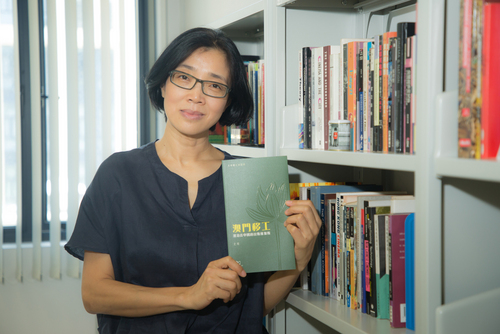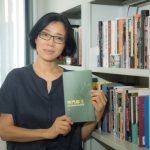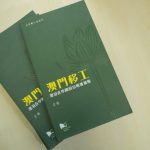 Dr Shi Wei from the Department of Communication has published a new book on migrant workers in Macao
Dr Shi Wei from the Department of Communication has published a new book on migrant workers in Macao
Shi Wei, an assistant professor from the Department of Communication, Faculty of Social Sciences, University of Macau (UM), recently published a new book titled, ‘Drifting Around China's Las Vegas: Migrant Workers in Macau’. The first book on the subject of migrant workers in Macao, it discusses migrant workers’ tremendous contributions to the economic prosperity of Macao against a background of great changes Macao has experienced since the gaming monopoly was abolished in 2002.
The book contains the author’s keen observations of the daily lives of migrant workers who are on the margins of society, and explores how such a reality shapes their cultural identity. The author describes the lives of migrant workers in the context of globalisation, highlighting the distinctive features of the Macao society in various areas, including policies, ethnic structure, social classes and hierarchies, and the production and allocation of space. The book also poses questions about the conflicts and problems created in the process of globalisation. Funded by the Academic Research Grant of the Cultural Affairs Bureau of the Macao SAR, the book took several years of painstaking research to complete. It was recently published by the City University of Hong Kong Press, and is now available in various bookshops in Hong Kong and Macao.
Dr Shi Wei obtained her PhD degree from the Goldsmiths College, University of London. Her research interests mainly include media, cultural studies, identity, and politics of emotion. Her studies have been published in various international journals, including Taiwan: A Radical Quarterly in Social Studies, Renjian Thought Review, Router: A Journal of Cultural Studies, Reflection, and Inter-Asia Cultural Studies.
View gallery


